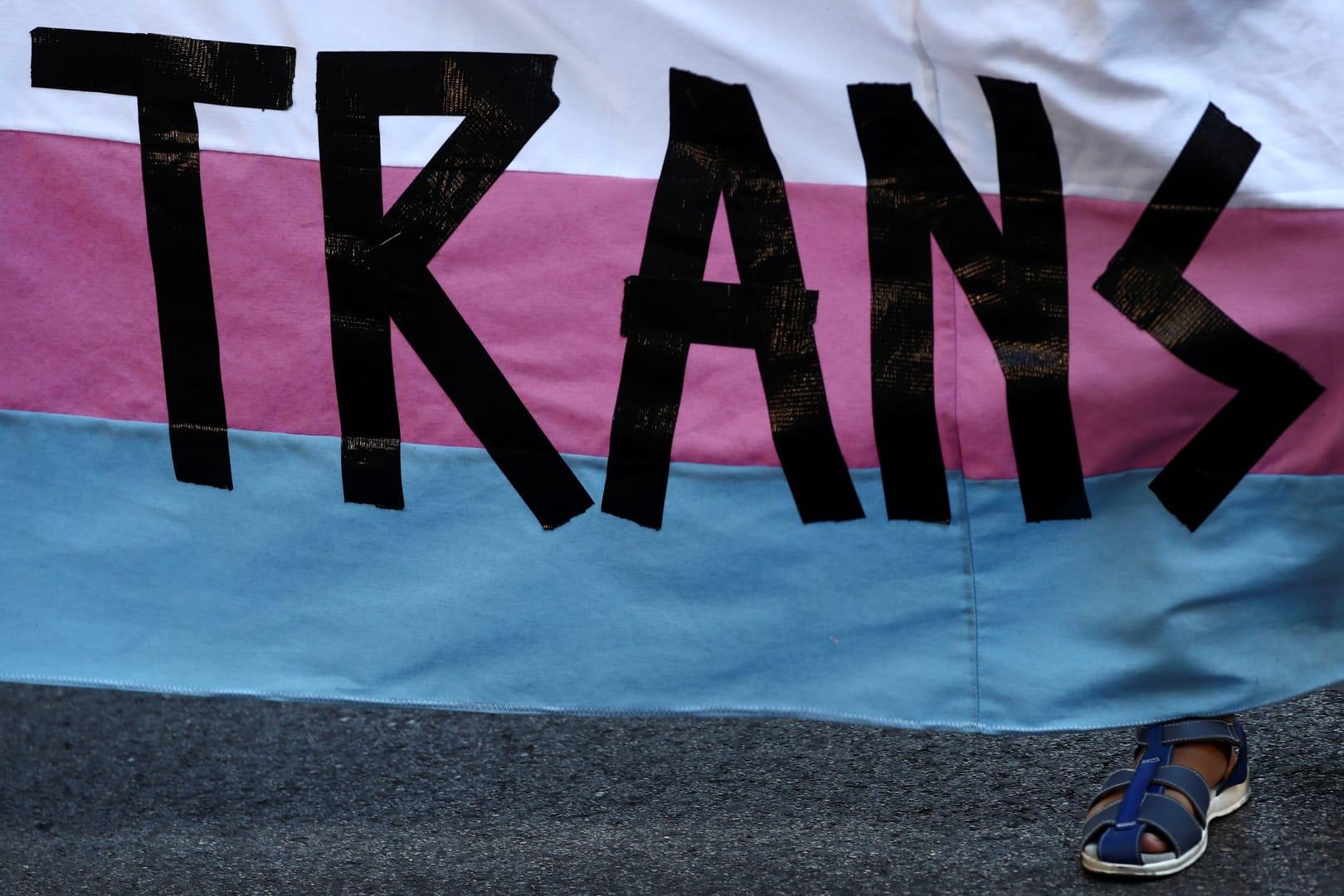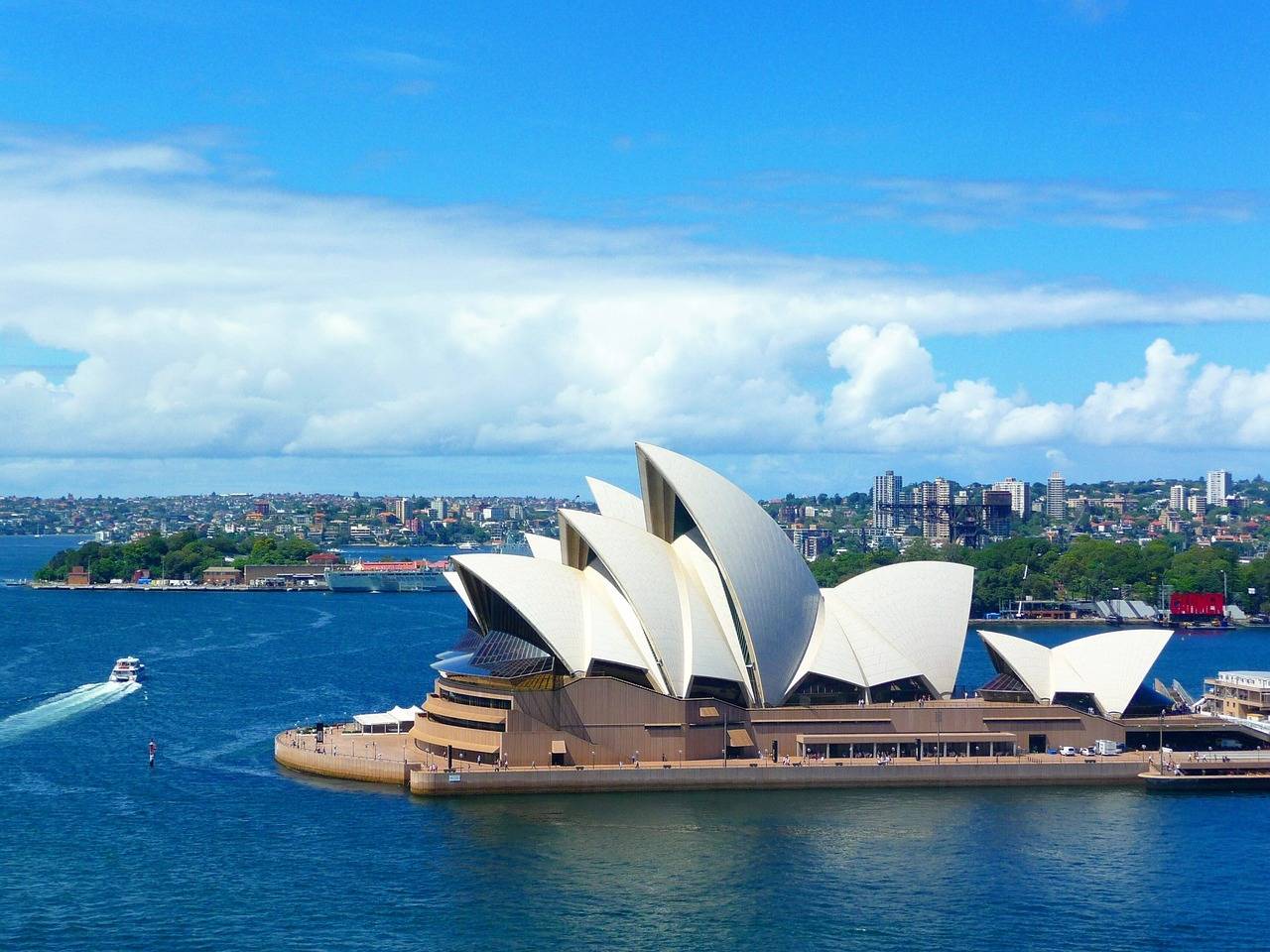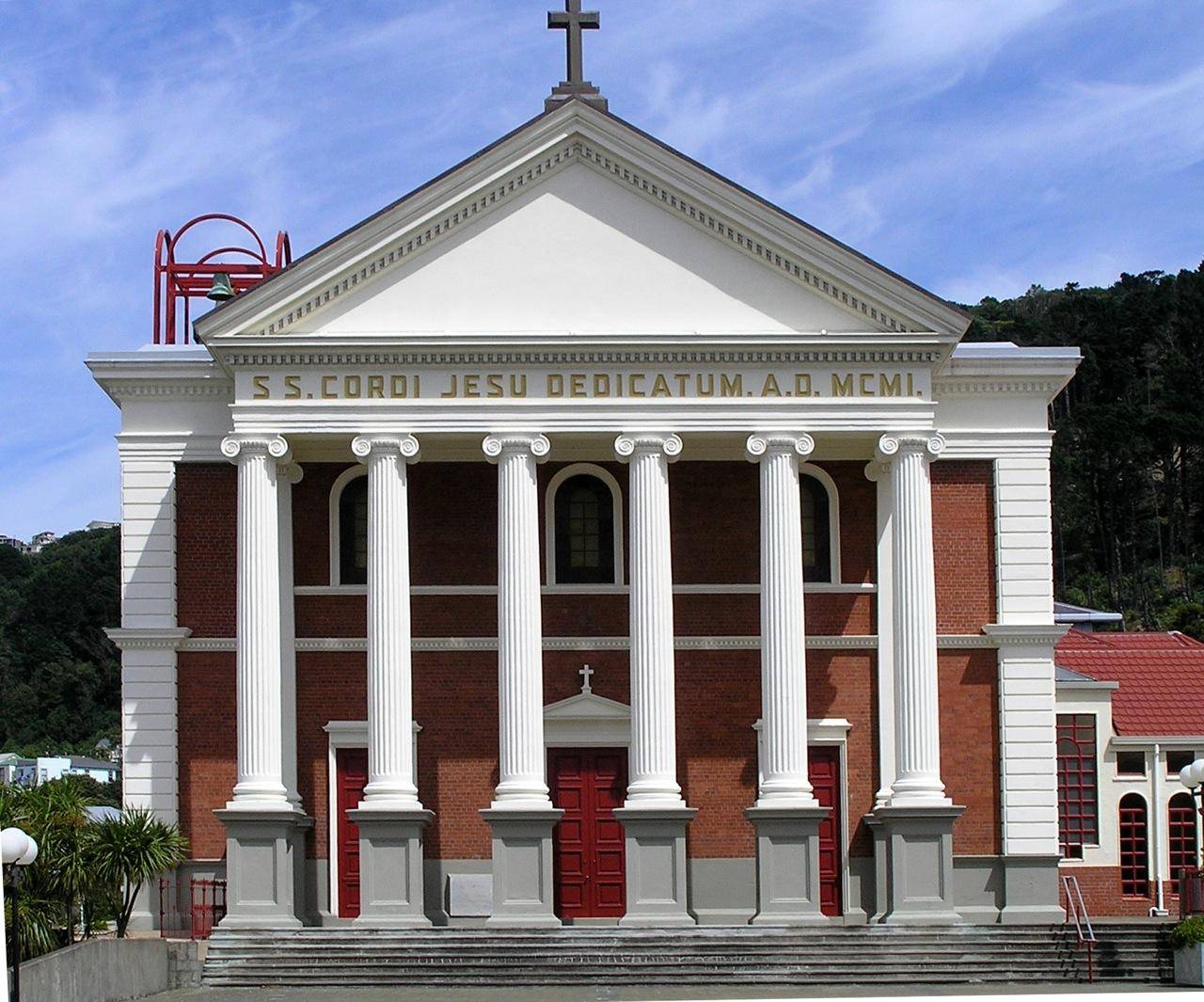Catholic bishops in Australia have released guidelines for the country’s almost 2,000 Catholic schools on gender, urging school leaders to resist pressure to adopt the “dominant rhetoric around gender.”
“Created and Loved: A guide for Catholic schools on identity and gender” outlines a pastoral approach shaped by the theological, medical and legislative context in which Catholic schools should treat their trans, nonbinary and gender-diverse students.
The bishops said that to “keep up to date on these changing social trends,” they had consulted widely with specialists in education, including principals and teachers, sought advice from parents with children facing various gender questions as well as bioethicists and other experts in the field and the international church community.
The guide for more than 780,000 students educated in Australian Catholic schools describes gender as a “subjective personal choice” and that “a human being’s sex is a physical, biological reality.”
The guidelines oppose gender affirmation and its medical interventions such as puberty blockers, hormones and gender-affirming surgery. The guidance says gender-affirming surgery can result in infertility. It suggests terms like “gender dysphoria” and “gender incongruence” be used instead of the word “transgender.”
Jacinta Collins, executive director of Australia’s National Catholic Education Commission, said the guidance had been the focus of a session with hundreds of Catholic educators during the National Catholic Education Conference in Melbourne in early September.
“This will be the first of many opportunities for Catholic education authorities and schools in the formation of leaders and teachers to reflect on how they can respond to gender and identity with care and sensitivity,” she said.
She added that recent comments by psychologist Ian Hickie “highlight the increasing number of medical professionals who are challenging the gender-affirmative approach and are supporting the biopsychosocial approach, which is less invasive, holistic and more closely aligned with a Catholic worldview.”
“It remains critical that our Catholic schools can speak about the church’s teachings on these matters in an informed way, underpinned by the principles of respect and human dignity.”
In the state of Victoria, where the conference is being held, the state education department says state-run schools “must work with students affirming their gender identity to prepare and implement a student support plan” created in consultation with students and parents, when possible.
A departmental spokesman told The Age newspapers that Victorian government schools must support trans and gender-diverse students by encouraging them to wear their preferred uniform and use their preferred pronouns.
“Young transgender Victorians are 15 times more likely to attempt to take their life than other young people,” the spokesman said. “When gender-diverse people are embraced and supported at school, they have better social, educational and health outcomes for life.”
Melbourne Archbishop Peter Comensoli, chair of the bishops’ Commission for Life, Family and Public Engagement, said, “The Catholic Church and our schools begin from the foundational principle that each person is created in the image and likeness of God and is loved by God.”
“That principle guides this document, which we offer to our schools to support them in walking compassionately alongside each student we are invited to educate.”
Comensoli added that the report was grounded in Christian anthropology, which values the worth and dignity of every person, and also sees each person holistically, rather than defining that person by any single characteristic.















